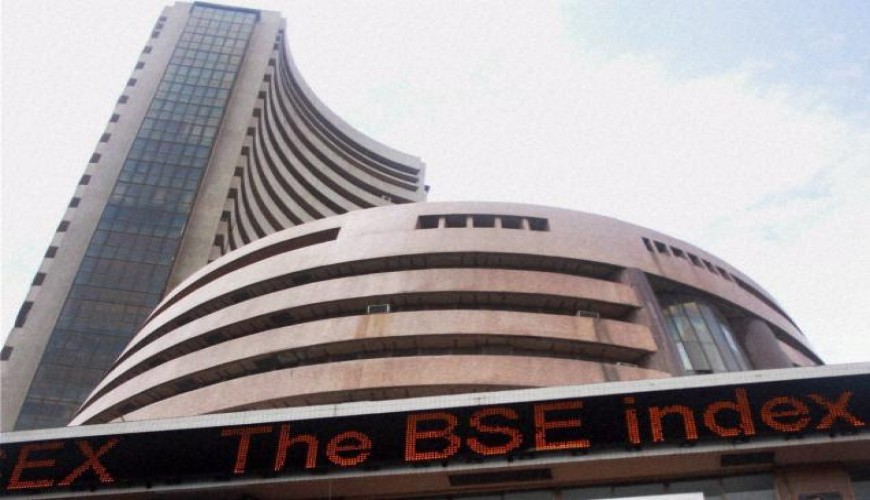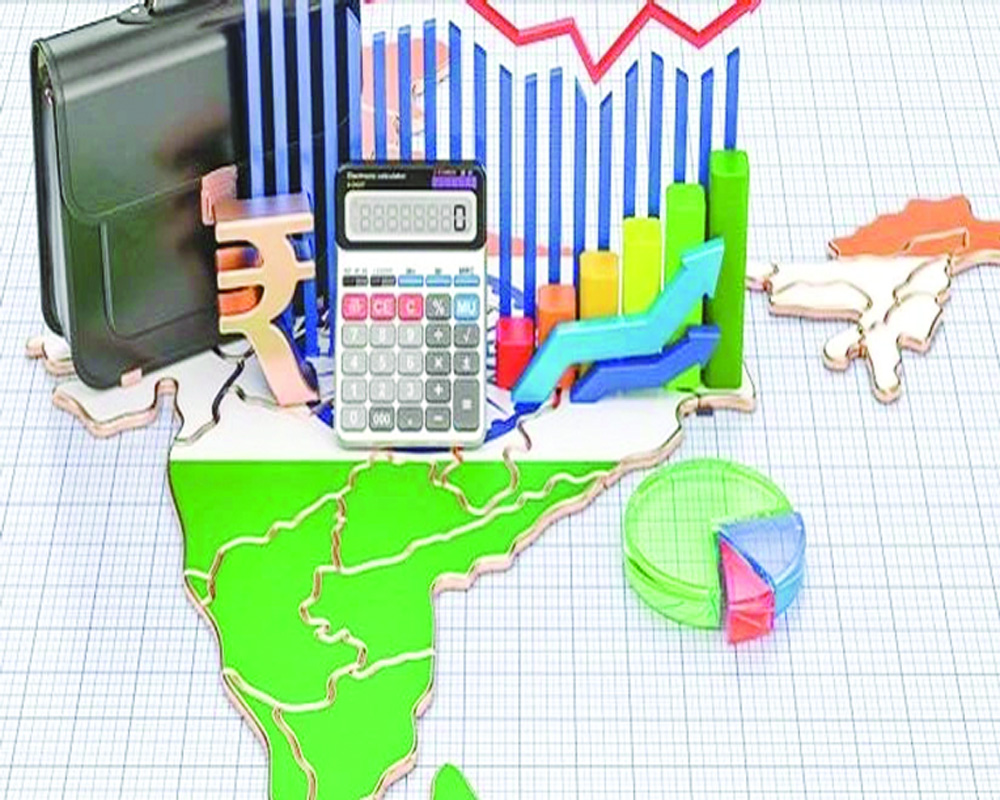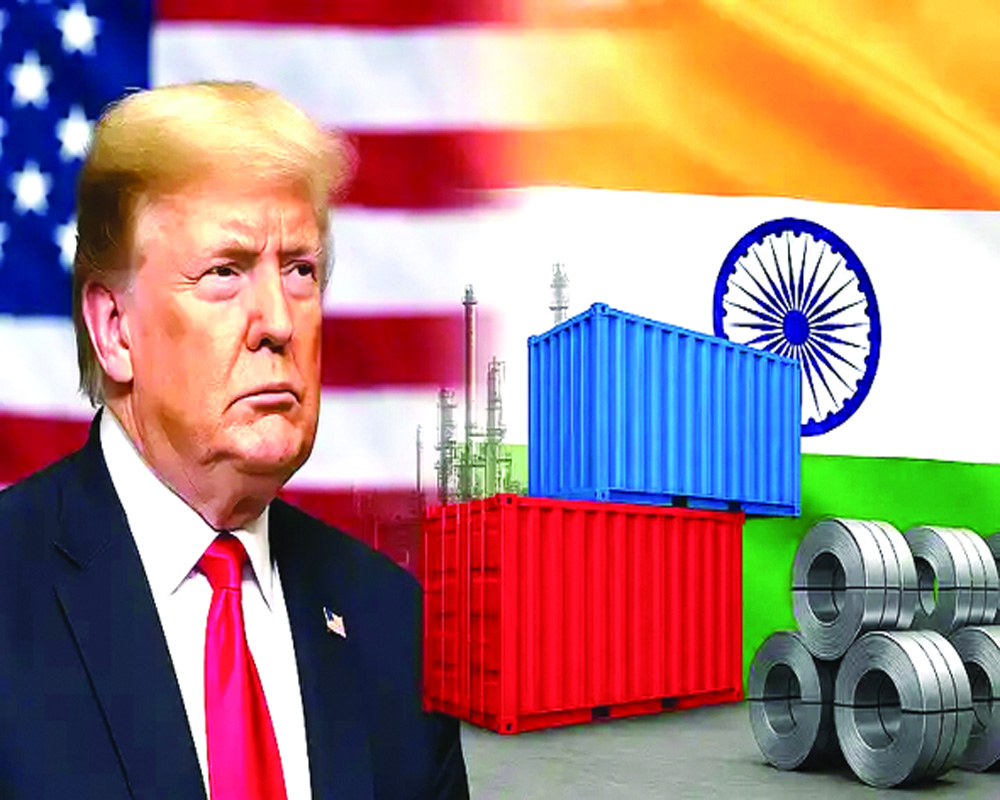A continued prosperity for nations will only be achieved by allowing and championing a global open market for trade, goods and digital services
It is festival time globally, and not just the religious and fun variety but also the vital festival of democracy or elections. It is for the first time in our lifetimes that festivities, mostly associated with huge crowds jostling to reach the ballot box or bedi (the pedestal on which the idols of deities are kept), are taking place in the shadow of a raging global pandemic. Forced departures from well-known rituals associated with festivals make these times a case study for future generations. Many would have seen a video on social media of an idol being immersed using mechanised trolleys, with least human intervention, in the recently-concluded Durga puja festivities. Now switch to the theatre of democracy in Bihar, where Assembly elections are being held. The common thread between the two festivals is, technology. Bihar, would perhaps be the first State in the country where technological interventions played a key role in the elections.
First, the Election Commission (EC) allowed online filing of nominations for candidates and many political parties chose to reach out to their constituents through virtual rallies and put up huge LED walls for public viewing. Given the absence of many veterans active in Bihar elections for at least three decades, most of the young scions of the colourful, vociferous and politically-influential families were suddenly catapulted to the centrestage of a new narrative. This young brigade of Biharis, technologically more versatile than their parents, sought votes on issues. Something hitherto unheard of in a State, known for its divisive caste and religious biases. It was surprising to see rival candidates promise lakhs of jobs to young voters in a State grappling with the problem of the jobless migrant labourers.
The most welcome aspect of this election has been the reliance on technology in a State which could well be a case study on the digital divide between India and Bharat. Many statisticians will point to a survey which revealed that more than half of Bihar’s women and around 40 per cent men have no access to mass media. This, when extrapolated over digital media, means a significant part of the population can either be completely insulated from the impact of technology or could be the next addressable unconnected millions, who need to be put on the information technology expressway of prosperity.
Now let’s jump across the Pacific to the US, which, too, is about to witness one of the fiercest and cacophonic elections on November 3 amid the Covid threat, deaths and economic destruction. The common binary binding Bihar elections, Durga Puja festivities and US elections is again, technology. After all, the new dominance game and the race to be a global superpower is now increasingly getting defined by your first tap on a smartphone, first digital payment/electronic transaction, first contact-free shopping for world-class brands from the comfort of your home and perhaps the first digital date after months of trying to understand each other’s typos and abbreviated texts.
Therefore, restrictions on digital applications, depending on the country of origin, to applying the same principles to hardware solutions in technical infrastructure, to forming an alliance of like-minded technology fraternity of nations were some of the key highlights in the election campaign of the two presidential candidates of the world’s richest democracy. What it also highlighted was the fact that increasingly, the physical restrictions (read policies) of trade and commerce dominating economic relations between a bunch of nations will now be enthusiastically copy-pasted in the digital arena to prevent loss of sovereign powers and dominance at the global high tables.
Covid has put the spotlight on public policy issues, which, till February, were still in advanced stages of intellectual discourses. It has challenged our ability to adapt and eventually recover from the disease. And the only sector which has truly helped this advancement is technology. It reacted quickly and ensured teachers, parents and children were handed online course materials for seamless academic learning and doctors were given online tools for initial digital health interventions for patients. It gave the Government effective platforms for interaction and empowered it to push critical policy goals. Technology enabled digital live darshans of beautiful but deserted pandals and online delivery of prasad for the religious, too. If the human race has been pushed ahead by three decades in one stroke by the lockdown and technology has taken centrestage, it is also time to think and refresh many global policy challenges and perhaps release an update. Policymakers have to realise that imposing strict restrictions, based purely on case-by-case models, and having a physical worldview of digital policy issues can be self-defeating in the long run. A continued prosperity for nations will only be achieved by allowing and championing a global open market for trade, goods and digital services. It must be kept in mind that the new normal for policy-making at sovereign-level negotiations must be dictated by a set of principles. This must be compulsory in all digital agreements between consumers and technology providers, governments and their counterparts across borders. A multi-lateral approach must be championed. It is time to click on the right button.
(The writer is a policy analyst)








 OpinionExpress.In
OpinionExpress.In















Comments (0)